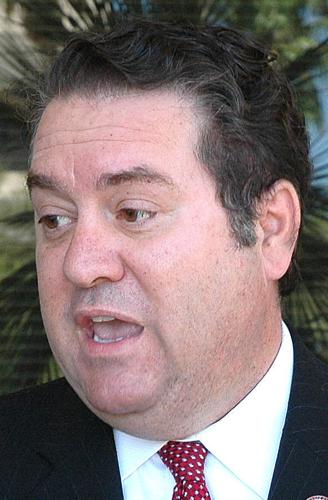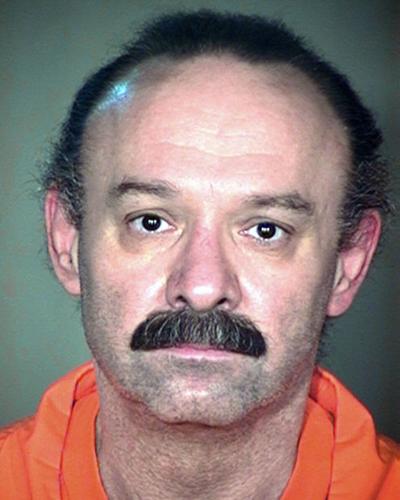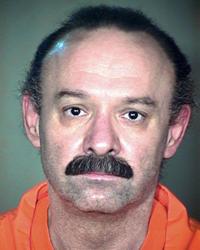PHOENIX — Attorney General Mark Brnovich is offering to help the state get a new supply of chemicals to execute those on death row.
In a letter Friday to Gov. Doug Ducey, Brnovich pointed out that U.S. Attorney General William Barr announced this week that the federal government intends to resume executions after nearly two decades.
Brnovich said that according to Barr, the Bureau of Prisons will begin using a single drug, pentobarbital, rather than the three-drug cocktail that previously had been used in lethal injections.
What that means, Brnovich said, is that the federal government must have obtained a supply of the drug. And that, he said, means that Arizona, which has not had an execution since 2014 because of the inability to get the drug, should be able to get its hands on it, too.
“These recent developments establish that it is now time to resume executions in Arizona, where 14 death row inmates have exhausted all automatic avenue to appeal their sentences,” Brnovich wrote to Ducey. “Justice must be done for the victims of these heinous crimes and their families.”
The decision of what to do now is in the hands of the governor, as he has purview over the state Department of Corrections, said Ryan Anderson, a spokesman for Brnovich’s office.
There was no immediate response from Ducey Friday. But Anderson said what Brnovich wants Ducey to know is that he will defend the governor in court if he decides to try to get the drugs and gets a fight.
Restarting executions is not as simple as Brnovich suggests, said Dale Baich, the federal public defender for Arizona whose office handles most death penalty cases in the state. “It’s going to be a question of the quality of drugs that they get — if they get them at all,” he said.
Arizona halted executions after it took two hours and more than a dozen injections for Joseph Wood to die in July 2014. That led to a moratorium.
Since then, some manufacturers have refused to sell the drugs for lethal injections.
And efforts to find other suppliers were thwarted when the U.S. Food and Drug Administration stopped a $27,000 shipment of sodium thiopental in 2015, claiming it is illegal to import the drug.
In fact, at one point the Department of Corrections even adopted a policy that would allow condemned prisoners to provide their own lethal drugs, a policy that never actually was put into effect.
Brnovich, in his letter to Ducey, said that problem of access may have gone away, citing an opinion issued by the U.S. Department of Justice concluding that the FDA lacks jurisdiction to regulate the importation of drugs for the purposes of lethal injunction.
“I believe that opinion clears the path for states to import pentobarbital,” Brnovich wrote.
Anderson said his boss believes that if Arizona has a death penalty it should be enforced rather than allowing legal challenges to the process and denial of access to the drugs to make the decision for the state.
“You’ve seen an effort to end the death penalty via court challenges, via making the drugs inaccessible,” he said.
“If we want to have a debate about the ethics of a death penalty or whether a state wants to allow capital punishment, then you know what, go to the ballot and change the law,” Anderson said. “But right now in Arizona capital punishment is legal.”
And Anderson said the purpose of Brnovich’s letter to Ducey was to say that “we stand ready to assist and to defend.”
“It’s time to move forward with securing legal forms of the cocktail in order to begin carrying out capital punishment here in Arizona,” he said.
The move actually comes on the heels of state lawmakers actually making it a bit more difficult to impose a death sentence.
Under Arizona law, simply killing someone is not a capital offense.
Jurors must also conclude that there are one or more “aggravating factors” at play, including committing the crime for pecuniary gain or killing the person in an especially cruel, unusual or heinous manner.
The new law signed earlier this year by the governor reduces the number of aggravating circumstances by three, to 11.
Gone is consideration of whether the defendant knowingly created a grave risk to another person in addition to the person murdered.
Also eliminated is that the offense was committed in a cold, calculated manner without pretense of moral or legal justification.
And the use of a “remote stun gun” during the crime also, by itself, no longer puts the death penalty on the table.







